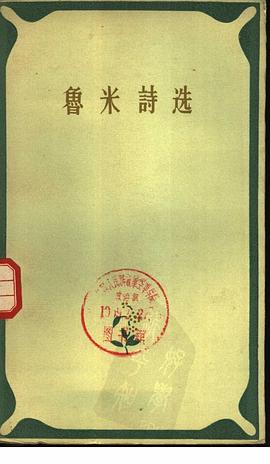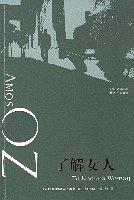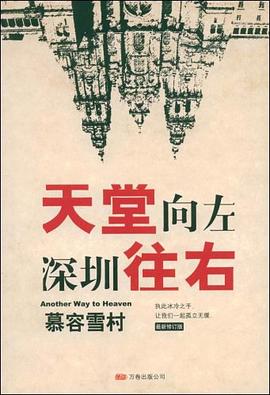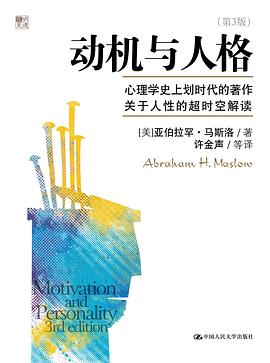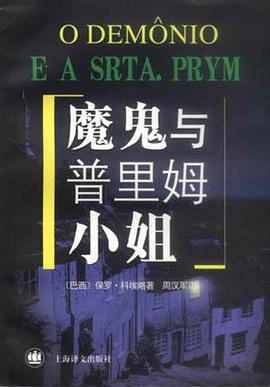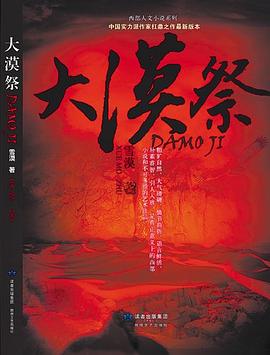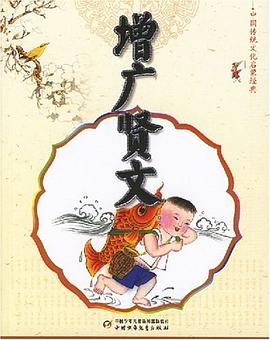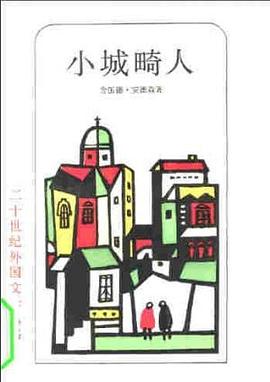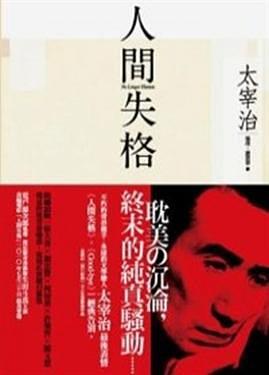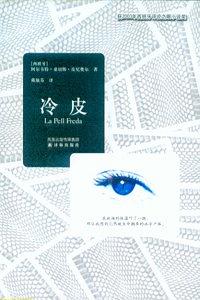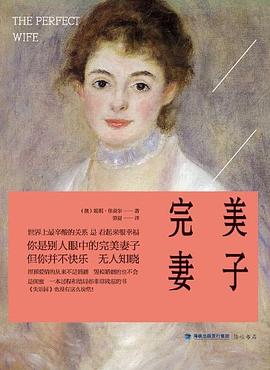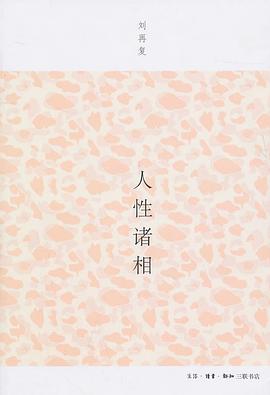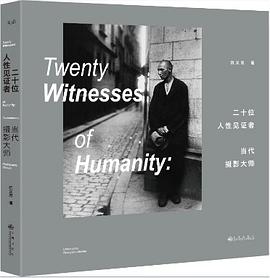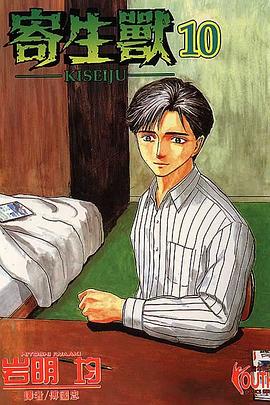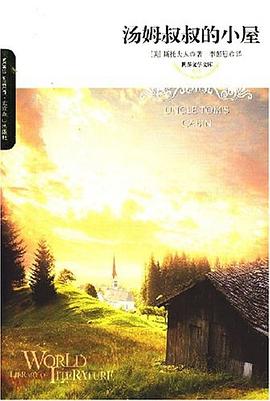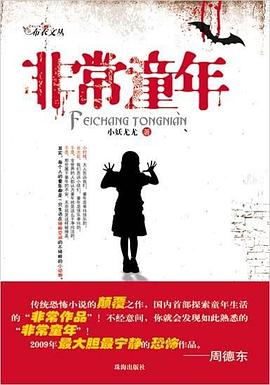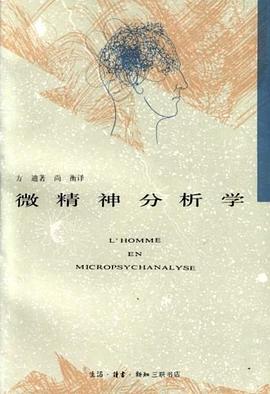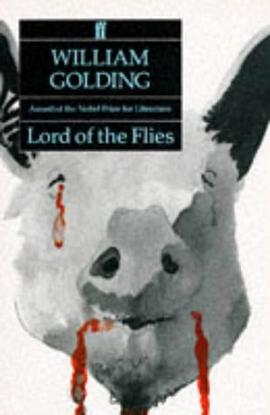

具体描述
A plane crashes on an uninhabited island and the only survivors, a group of schoolboys, assemble on the beach and wait to be rescued. By day they inhabit a land of bright fantastic birds and dark blue seas, but at night their dreams are haunted by the image of a terrifying beast.
In this, his first novel, William Golding gave the traditional adventure story an ironic, devastating twist. The boys' delicate sense of order fades, and their childish fears are transformed into something deeper and more primitive. Their games take on a horrible significance, and before long the well-behaved party of schoolboys has turned into a tribe of faceless, murderous savages.
First published in 1954, Lord of the Flies is now recognized as a classic, one of the most celebrated of all modern novels.
- See more at: http://www.faber.co.uk/catalog/lord-of-the-flies/9780571056866#sthash.CWBll4FV.dpuf
作者简介
William Golding was born in Cornwall in 1911 and was educated at Marlborough Grammar School and at Brasenose College, Oxford. Before he became a schoolmaster he was an actor, a lecturer, a small-boat sailor and a musician. A now rare volume, Poems, appeared in 1934. In 1940 he joined the Royal Navy and saw action against battleships, submarines and aircraft. He was present at the sinking of the Bismarck. He finished the war as a Lieutenant in command of a rocket ship, which was off the French coast for the D-day invasion, and later at the island of Welcheren. After the war he returned to Bishop Wordsworth's School in Salisbury and was there when his first novel, Lord of the Flies, was published in 1954. He gave up teaching in 1961.
Lord of the Flies was filmed by Peter Brook in 1963. Golding listed his hobbies as music, chess, sailing, archaeology and classical Greek (which he taught himself). Many of these subjects appear in his essay collections The Hot Gates and A Moving Target. He won the Booker Prize for his novel Rites of Passage in 1980, and was awarded the Nobel Prize for Literature in 1983. He was knighted in 1988. He died at his home in the summer of 1993. The Double Tongue, a novel left in draft at his death, was published in June 1995. - See more at: http://www.faber.co.uk/catalog/author/william-golding#sthash.Hos5xYe4.dpuf
目录信息
读后感
拉尔夫是书中的主角,理性而勇敢,有号召力和领导才干。他力主保存小火堆以争取获救,手持的海螺成为民主的象征物。但他拥有的的权力却非常脆弱,脆弱到难以维持一个求生的火堆。拉尔夫的内心同样有着阴影和黑暗,在一个风雨、雷电交加的夜晚,他不由自主地参与了对西蒙的迫害...
评分本次借着文学名著导读课程的契机,拜读了戈尔丁先生的代表之作《蝇王》。得来颇不容易,图书馆去了三次均未果。只好在网上找来电子版本,哪知实在无法适应电脑的屏幕,眼睛酸账,脑袋疼痛,很是烦恼。终于在第四次去图书馆时,发现有一本被还了回来。就像狼见了落单的白羊,扑...
评分 评分 评分西方文学史作业。 音乐会上的枪声 ——从《动物农场》和《蝇王》看人性恶的爆发及人类秩序探索 追溯文学的起源可以发现,文学最初是以一种娱乐形...
用户评价
終於看完了
评分读得辛苦而郁闷,说老实话,我很不喜欢这本书,给我的整体印象非常不好,虽然这是诺贝尔文学奖得主写的,虽然我明白它里面的深刻意义,但是不喜欢就是不喜欢。
评分lew给的时间太短,没来得及仔细体会就读完了。而且这本书的symbolism用得到处都是,说完全看懂了是假的。
评分读的心力了个交瘁!!!
评分还以为是1984动物庄园 小孩子果然没那么高级
相关图书
本站所有内容均为互联网搜索引擎提供的公开搜索信息,本站不存储任何数据与内容,任何内容与数据均与本站无关,如有需要请联系相关搜索引擎包括但不限于百度,google,bing,sogou 等
© 2025 book.quotespace.org All Rights Reserved. 小美书屋 版权所有

